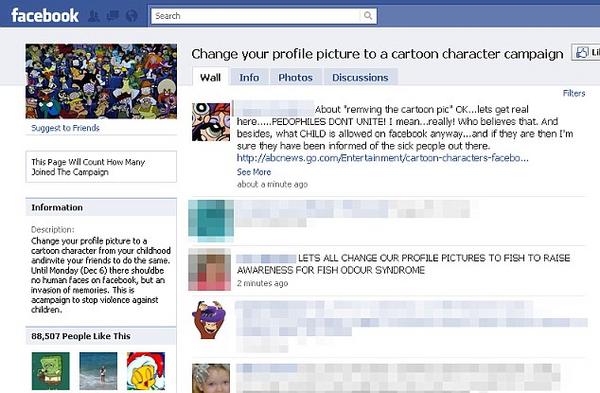
Random scientific testing has revealed that processed foods in the supermarket shelves of New Zealand are playing fraud with consumers by faking the sodium content on the labels. The testing, which is a part of a transtasman project claims that its purpose is not to bring out the fraud-play in food processing, but to bridge the gap between a fall in the demand in processed foods due to high sodium content and the parallel requirement of consumers for iodine to prevent brain damage in children and goitre.
The project asserts to do this by adding iodized salt in cereals and baked foods, which is being chucked out kitchen by rock and sea salts.
However, the project is perhaps blind to the fact that unrefined sea salt is rich in natural iodine and magnesium required for good health. The attempts of restoring back refined iodized salt is not required as it does not benefit the diners in anyway with the additive form of iodine, unhealthy additives and sugar.
The project should rather propagate the use of alternate low-sodium salts that are good for health, for the sole reason that diners can get his daily dose of 150 micrograms of iodine from meat, fish, vegetables, milk, cereals and water.




